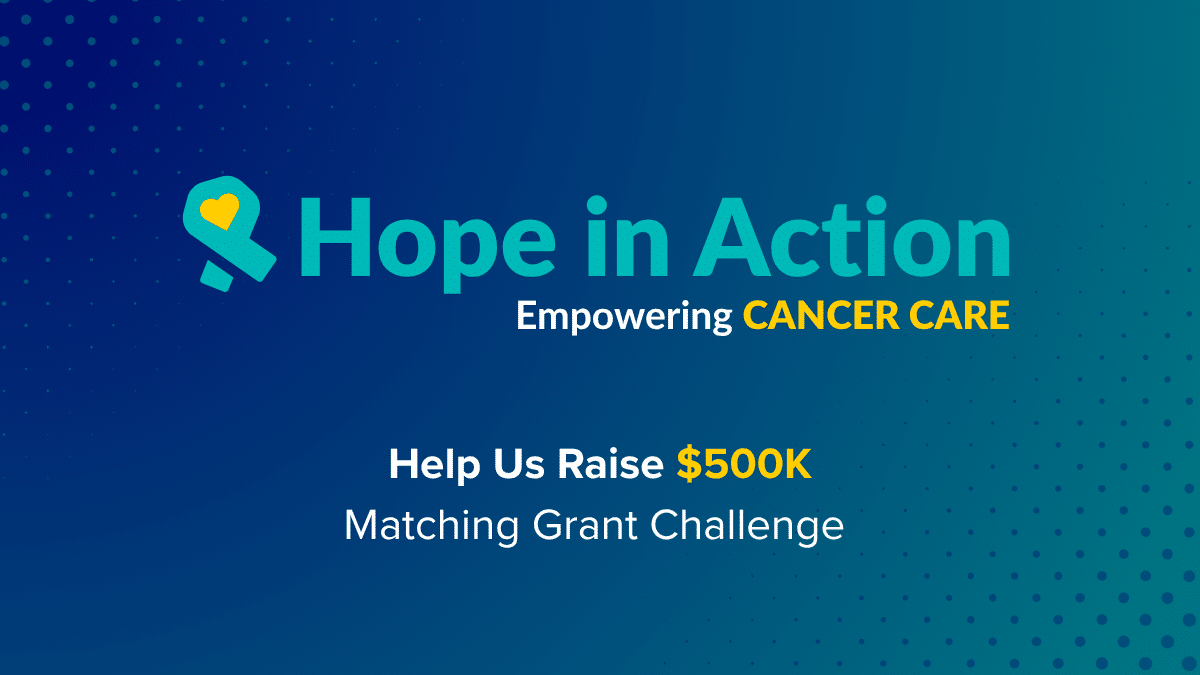What if brain fog, food reactions, and chronic fatigue are actually warning signs of two overlooked cancer drivers? Get the complete guide to identification and intervention.

Suffering from chronic fatigue, food sensitivities, and brain fog? You might be dealing with histamine intolerance or fungal overgrowth. These issues are troublesome enough on their own, but left unaddressed, they may be quietly paving the way toward cancer.
Studies show people with Candida infections face 19% higher cancer risk overall, while fungal overgrowth appears in nearly 30% of malignant tumors compared to just 13% of benign cases. Meanwhile, excess histamine can fuel chronic inflammation and create microenvironments where cancer cells thrive.
Many doctors treat these as separate, minor annoyances—but what if addressing both through targeted nutrition, natural compounds, and lifestyle changes could prevent a much bigger problem down the road?
IMA Senior Fellow Dr. Kristina Carman created this comprehensive guide to help you understand these overlooked connections. You’ll discover the testing protocols and integrative treatments that target both histamine dysregulation and fungal balance—before they create a cancer-friendly terrain in your body.
Histamine, Fungal Overgrowth, and Cancer: The Hidden Connections
When we think about cancer, most of us imagine rogue cells growing out of control. But cancer doesn’t happen in isolation — it develops within the body’s terrain, influenced by inflammation, immunity, microbial balance, detoxification, and even our stress and sleep patterns.
Two factors that are gaining increasing attention in cancer research and integrative practice are histamine and fungal overgrowth (Candida and yeast species). These may seem like unusual suspects, but both play profound roles in shaping the internal environment that can either support or hinder cancer growth.
Histamine: More Than an Allergy Molecule
Histamine is best known for its role in allergies, but it’s also a powerful immune signal with complex effects in cancer biology.
- Histamine receptors are present on tumor cells and immune cells, influencing inflammation, angiogenesis (blood vessel formation), and immune tolerance.
- In excess, histamine may fuel inflammation and create a microenvironment where cancer cells thrive.
- At the same time, some histamine pathways can actually support immune defense against tumors, underscoring its dual nature.
From a functional perspective, high-histamine states often result from mast cell activation, gut dysbiosis, or poor histamine clearance (low DAO enzyme activity). Patients may notice symptoms like flushing, headaches, bloating, or food intolerances.

Fungal & Candida Overgrowth: The Mycobiome’s Role
The human microbiome is not just bacteria — it includes fungi, known as the mycobiome. Research shows that Candida and other yeasts are more common in patients with certain cancers, and in some cases, fungal DNA has even been found in tumor tissue.
Fungi may influence cancer by:
- Producing acetaldehyde, a carcinogenic byproduct that damages DNA.
- Driving chronic inflammation and immune suppression.
- Forming biofilms that shield pathogens and resist immune clearance.
- Disrupting hormone metabolism, especially estrogen recycling.
This means fungal overgrowth may not only be a side effect of cancer treatments like chemotherapy and antibiotics — it could also be an active contributor to tumor biology.
The Intersection: When Histamine and Fungi Collide
Histamine and fungal overgrowth are not separate problems; they often amplify each other.
- Candida can stimulate mast cells to release histamine.
- Elevated histamine increases gut permeability, allowing fungal toxins to enter circulation.
- Both contribute to immune suppression and a pro-inflammatory terrain.
This vicious cycle creates fertile ground for cancer development or recurrence, making it essential to address both together.
Integrative Strategies for Support
Functional and naturopathic approaches offer a multi-layered way to support patients:
- Nutrition: Anti-inflammatory, plant-rich, low-sugar diets help reduce both histamine burden and fungal fuel.
- Nutrients & Herbs: Quercetin, vitamin C, and luteolin stabilize mast cells; oregano oil, garlic, pau d’arco, and berberine target Candida. NAC and curcumin support both.
- Microbiome Support: Probiotics, especially Saccharomyces boulardii, help rebalance gut ecology.
- Lifestyle: Stress reduction, restorative sleep, and toxin avoidance (like mold and plastics) support terrain resilience.
Why This Matters
By paying attention to histamine and fungal balance, practitioners and patients can uncover hidden drivers of cancer progression and poor treatment tolerance. These factors are not just side effects — they’re part of the cancer ecosystem. Supporting balance here can mean:
- Lower inflammation
- Better immune surveillance
- Improved treatment outcomes
- Enhanced quality of life

Final Thoughts
Cancer care is most effective when it’s whole-person care. Histamine regulation and fungal balance may seem like small details, but they are powerful levers in shaping the terrain.
If you’d like to dive deeper into the science, testing, and specific integrative protocols, explore our full Histamine & Fungal Overgrowth in Cancer Guide. It’s designed for patients and practitioners alike who want to understand and address these overlooked contributors to cancer risk and recovery.
Everyone deserves a better outlook. For more on cancer prevention, treatment, and recovery, check out these fantastic guides below:





